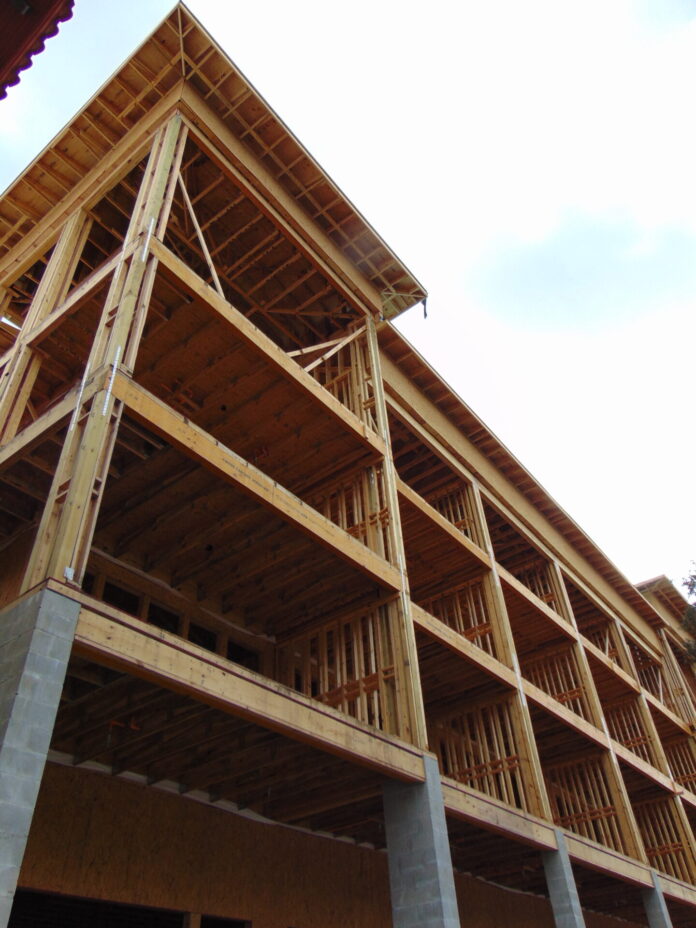
The year 2024 is another year of record high values.
The real estate market in Volusia County and the overall local economy appear to be healthy and robust, based on the latest numbers of the worth of lands, homes, commercial buildings and other improvements. For the first time in history, the county’s overall worth now tops $100 billion!
The county Property Appraiser’s Office has just released 2024 pre-preliminary calculations of the values of real property, and both the just value and the taxable value — sometimes called the tax base or tax roll — have increased notably over the past year.
The pre-preliminary values released May 29 show the just value now stands at $104.6 billion. That number is 7 percent greater than the $97.7 billion value of last year, 2023.
The just value is the appraised total market value of all real estate within the county, including residential, commercial, industrial, agricultural properties, improved or undeveloped.
Within the just value is the tax base, which is that portion of properties subject to taxation by counties, cities, and state and local government agencies.
Volusia County’s tax base now amounts to just under $77.5 billion. That number is 10.8 percent higher than the 2023 figure of $70.6 billion.
The record high values, Cosat noted, indicate the damage from hurricanes Ian and Nicole in 2022 has been rebuilt, repaired or offset by continued construction and tourism.
“At the oceanside hotels, the occupancy rates have remained strong,” he said.
While some areas of the U.S. have experienced slowdowns in their residential and commercial realty markets, Cosat described the local markets as “still strong,” as the population of the county and the Sunshine State increases.
Does Volusia County have the potential for more growth to come?
“Absolutely,” Deputy Property Appraiser Jeff Cosat told The Beacon. “It’s still there.”
What, if anything, could dampen the growth trend and slow down the growth in property values?
“Interest rates and insurance are the concerns we have right now,” Cosat replied.
Indeed, the costs of borrowing money for property purchases — though generally still in the single-digit range — have risen enough to slow mortgage activity. Property insurance may be a bigger if, as some major carriers have left or are leaving the state, leaving a small number of carriers, including the state-backed Citizens Insurance.
Meanwhile, premiums — especially in coastal zones that may be vulnerable to hurricane damage — have become unaffordable for some homeowners, even those who have high deductibles for storm damages.
The pre-preliminary just and taxable values provide a snapshot of the health of the local economy as state and local leaders prepare their budgets for the coming 2024-25 fiscal year.
More refined information about the property values will be released on or before July 1, the state-imposed deadline for releasing the preliminary tax roll. The preliminary tax roll will also include calculations of rollback tax rates for each tax-levying jurisdiction or agency within the county.
The rollback is the rate which, if adopted by the taxing authority, would generate property-tax revenues equal to those of the preceding year, without taking into account new construction or, in the case of cities, annexations.
Generally, the rollback rates are lower than the ones of the coming fiscal year, as the prices of land, building materials and labor rise from year to year.
The rollback is significant, in that, under law, any proposed property-tax rate, also known as millage, that is higher than the rollback must be publicly advertised as a tax increase.